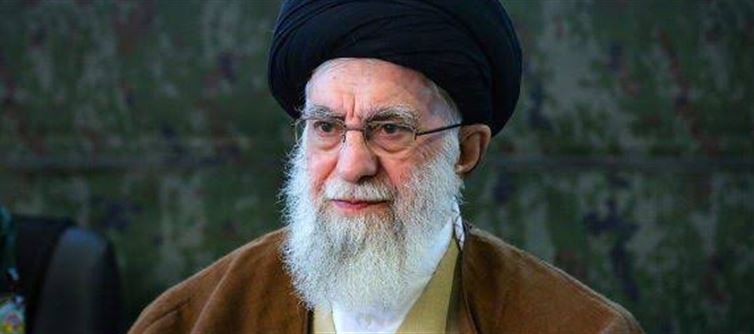
A striking example of this defiance came when iran launched missile strikes on U.S. military bases in iraq following the assassination of General Qassem Soleimani. While many expected a subdued response or backchannel negotiations, iran chose open confrontation, sending a clear message that its pride and honor were not negotiable. Though carefully calibrated to avoid escalation into full-scale war, the strike was a symbolic blow that stunned the world. It was a moment where iran showed it would not be intimidated, even by a superpower — an act of retaliation that demanded attention and, in many ways, redefined the balance of fear.
History often lionizes those who rise when it is easier to kneel. Whether one agrees with Iran's politics or not, its refusal to submit in the face of global hostility evokes a certain admiration. Iran's stance is not just about military bravado — it’s about national pride, cultural identity, and a long-standing resistance against what it perceives as neo-imperial aggression. In a world where smaller nations are often bullied into compliance, Iran’s decision to chart its own course — regardless of the consequences — stands as a powerful, and perhaps even historic, testament to courage under fire.




 click and follow Indiaherald WhatsApp channel
click and follow Indiaherald WhatsApp channel